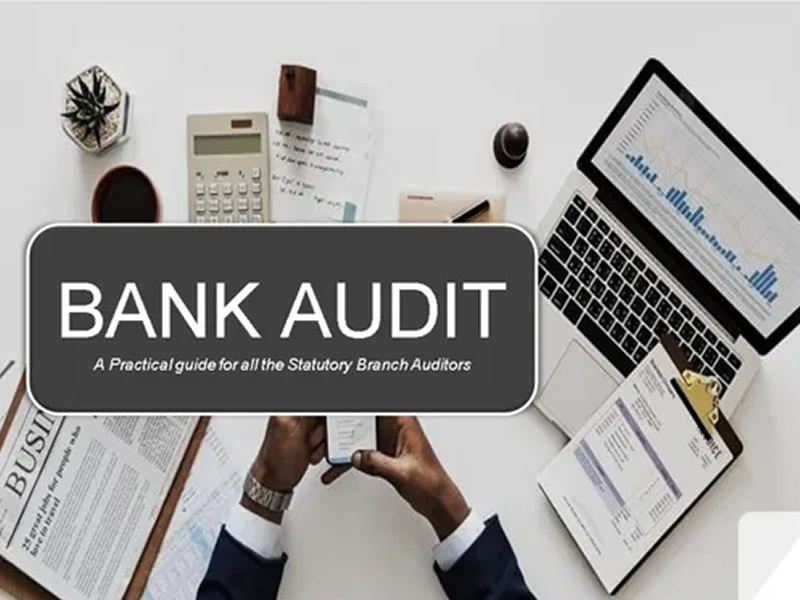What is Bank Audit?
Banking sector is a dynamically changing sector.Thus, it requires proper and effective audit measures to understand the exact financial condition of the banks for which the following procedure is adopted
RBI and Indian Institute of Chartered Accountants of India (ICAI) together scrutinise and appoint an auditor or audit firm for the audit of the bank after obtaining indebtedness declaration from a respective firm or an auditor.
The audit firm or an auditor cannot assign with any other statutory audit in the year they are appointed as a bank auditor. Before initialising the audit, the firm needs to establish the undertaking of engagement terms describing the time period of audit term. However, as per ICAI Act, 1949 before getting engaged the auditor need to communicate with the previous auditor of the bank in writing for taking his consent.

After that, the new auditor will review the initial opening balance, and if he founds any material misstatement or errors affecting financial statement, he can assert his point of view in his audit report by way of qualified or adverse report.
Thereafter assessment of engagement risk is done, which is a difficult part of the audit procedure, and then the engagement team gets established to manage the risks and complexities of bank operations. Auditor then tries to understand the working environment and internal controls of the organisation for deciding the basis of the audit.
Thereafter, banks accounting process, risk management process and risk identification are made along with control and monetary activities considered by the management. At last, after reviewing all the relevant elements, an auditor prepares an audit report defining his opinion regarding the financial condition of the bank as well as if any loopholes found in following the mentioned regulations under Act.
Types of Bank Audit
Bank audit can be of following types
- Concurrent Audit
- Internal Audit
- Statutory Audit

